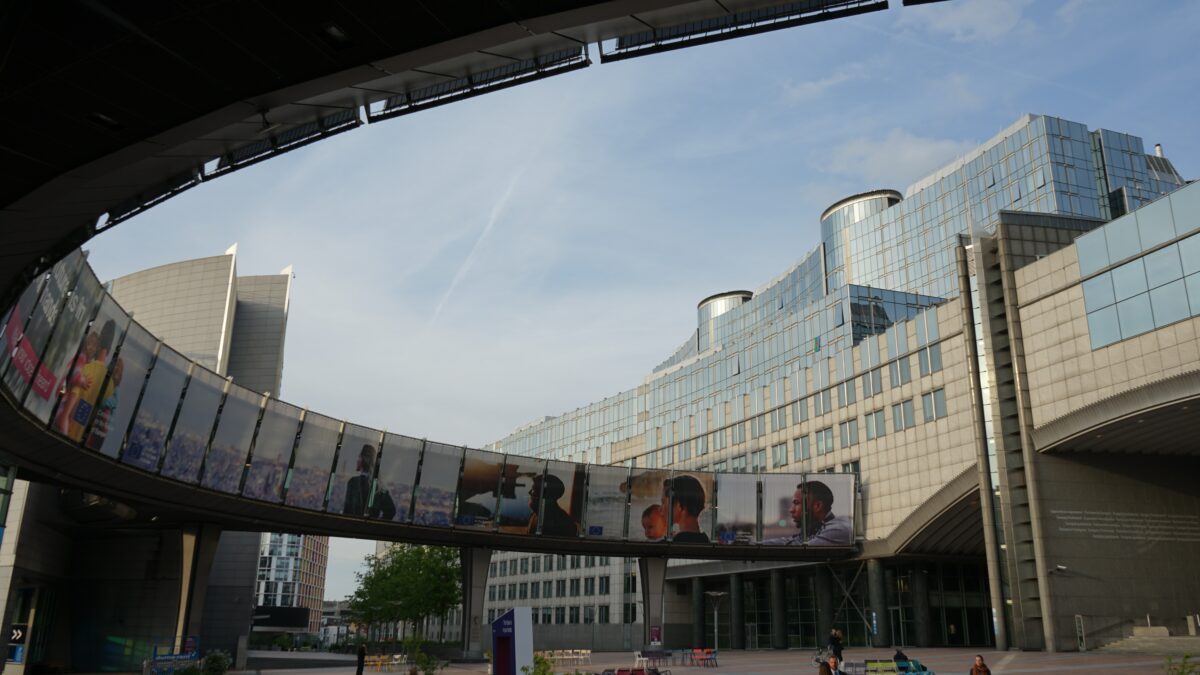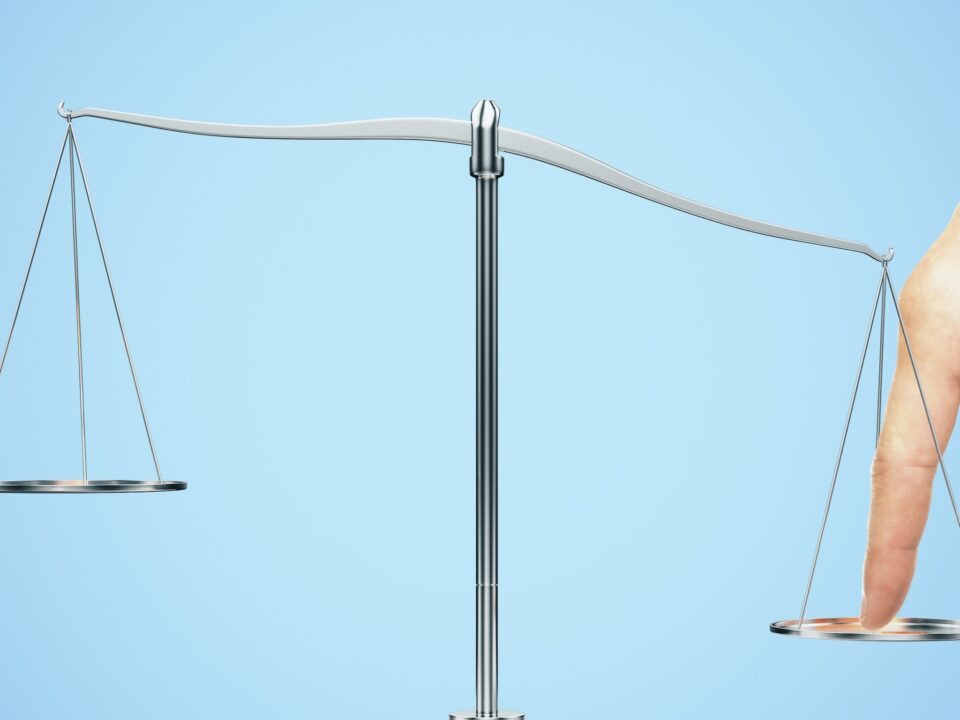Dear MEPs, please don’t harm European Innovators!
An open letter from European innovators to MEPs about standard-essential patents
The European Commission is proposing a harmful Regulation on Standard-essential Patent (SEPs) licensing. Yet, it is unable to provide objective data and evidence to support such heavy intervention. The Commission is also ignoring market realities, and the ‘international dimension’ e.g., that SEP licensing is done on a global basis. The Commission proposal lacks a suitable legal basis, e.g., for limiting patent commercialization and enforcement, and is not fit for purpose. It will not deliver on its goals, in particular to improve transparency, and will not make SEPs licensing more efficient or more predictable.
Please take sufficient time to carefully assess the SEPs proposal and make a well- informed decision!
European Innovation leaders have commented as follows*
Nokia
DG GROW has proposed massive regulatory intervention which is neither justified nor will it deliver the transparency, efficiency and predictability sought by the Commission, Council and Parliament.
DG GROW commissioned an academic consortium to analyze the need for regulation. That consortium found that there was no empirical evidence or data which justified regulatory intervention especially on such a massive scale.
The fact that it undermines Europe’s leaders in 5G/6G, and therefore Europe’s technological sovereignty and strategic autonomy should cause policy makers to question whether this specific proposal really serves European interests.
There are significant concerns regarding the compliance of DG GROW’s proposal with fundamental rights, in particular property rights and access to justice enshrined in the Charter of Fundamental Rights of the European Union.
Serious doubts exist as to the compatibility of DG GROW’s SEP initiative with the EU’s and/or Member States’ international obligations concerning the normal exploitation of the patents under the TRIPS Agreement.
Philips
The draft SEP regulation is based on an erroneous impact assessment and on a misunderstanding of the realities of current market dynamics. It deviates radically from proven global industry practices and case‐law established by European courts, including the European Court of Justice.
European competitiveness at risk: the proposed measures will inevitably slow down SEP licensing negotiations and reduce the value of SEPs. This will reduce the incentives and hence the capacity for innovation, in particular for wireless communications and IoT (Internet of Things) in Europe. These EU industries face strong competition from both the United States and China.
There is a real risk concerning European sovereignty in the field of disruptive standardized technologies such as wireless communication.
The draft SEP regulation should not aim to reduce royalties, as doing so mainly benefits (non‐European) implementers who did not contribute to the relevant R&D and innovation.
The draft SEP regulation mainly benefits implementers based outside Europe (in particular Asia) as it helps them to avoid or delay paying royalties for the use of standards/technologies created by European innovators.
Siemens
There is no need for this EU regulation: According to a study on SEP licensing commissioned by EC, “it does not appear that the observed challenges in SEP licensing are sufficiently severe as to systematically discourage potential contributors from participating in standards development or discourage potential implementers from creating products that use technology standards subject to potential SEPs.”
Transparency is not increased by the envisaged register/data base but instead bureaucracy. Furthermore, the proposed approach is not cost effective, as it does not make sufficient use of existing resources, such as databases at SDOs, the EPO, pools, ADR institutions at e.g., WIPO, ICC, or at the Unified Patent Court.
If the Commission decides to continue with the regulation despite the above severe concerns, the regulation should be applied only upon request by a stakeholder providing evidence for “significant difficulties or inefficiencies affecting the functioning of the internal market”. We believe that by a such modified procedure the diverging interests of various stakeholders, including SMEs, are more likely to be reconciled.
EARTO
EARTO is concerned that the proposed Regulation, if adopted, would be detrimental to the functioning of the European innovation ecosystem and ultimately to the European consumers of technologically advanced products.
The European Association of Research and Technology Organisations – EARTO – counts over 350 RTOs in more than 31 countries, including Fraunhofer, CEA, TNO.
Ericsson
We are very concerned that the Commission’s abrupt overhaul of the system will put Europe’s long-term communications technology leadership and its role in the global standardisation efforts and global knowledge economy, at risk.
The proposal does not properly consider the impact on European companies vis-à-vis competitors outside of Europe, and how the intervention could trigger innovation moving away from Europe.
For continued EU leadership in global standards (including 6G), it is essential to strengthen the incentives to innovate and to contribute to standardization.
However, the proposed regulation proposes a heavy-handed intervention into the currently successful telecoms innovation system and, unfortunately, puts European leadership in 5G/6G as well as the European standardization ecosystem at risk by placing additional (often duplicative) burdens on owners of EU SEPs without clear benefits or efficiency gains over the solutions that already exist today.
*Source: Responses to the European Commission’s ‘Have your Say’ consultation. The comments above are not IP Europe comments, but rather the comments of the individual organizations to the Commission.
To see the views of other third parties, please check out our Live Blog.




